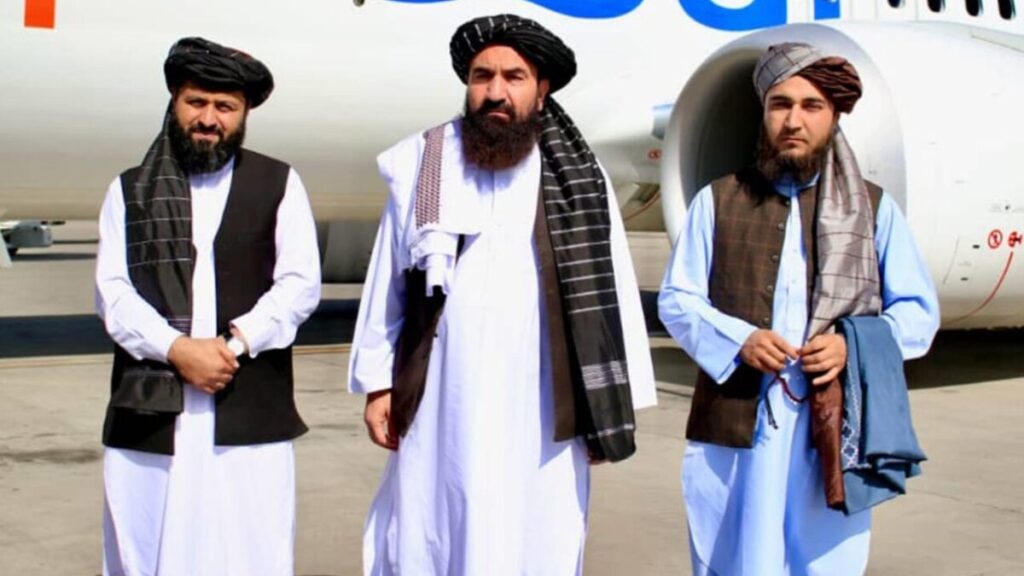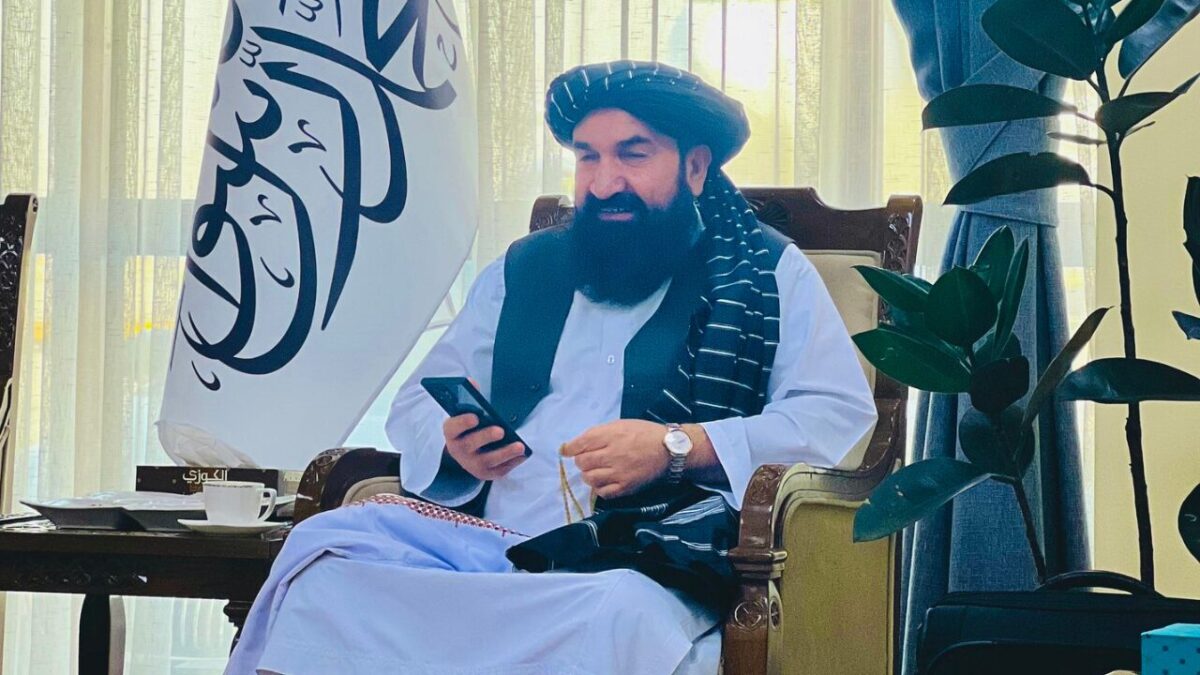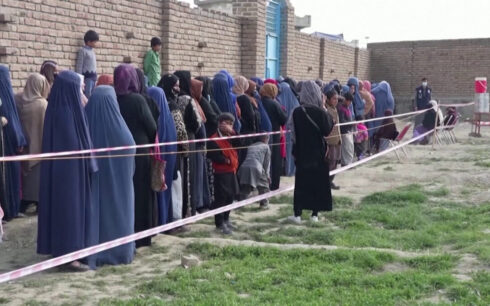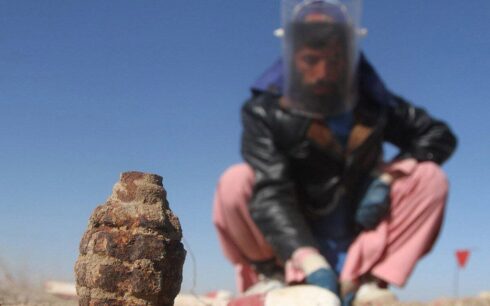Khirullah Khairkhwa, the Taliban’s Minister of Information and Culture, traveled to Russia on Tuesday despite being on the United Nations Security Council’s sanctions list.
In a statement, the Taliban said that Khairkhwa is attending a four-day conference titled “Unity of Cultures” in St. Petersburg. Khairkhwa was added to the U.N. sanctions list in 2001.
The Taliban’s international presence has been expanding in recent months. Over the past six months, senior officials from the regime—including Mohammad Hassan, the Taliban’s acting prime minister; Amir Khan Muttaqi, foreign minister; Abdul Kabir, deputy prime minister for political affairs; Mohammad Yaqub Mujahid, defense minister; Sirajuddin Haqqani, interior minister; Abdul Haq Wasiq, head of intelligence; Neda Mohammad Nadeem, minister of higher education; and Habibullah Agha, minister of education—have traveled abroad, particularly to Russia, Qatar, the United Arab Emirates, Iran, Uzbekistan, Cameroon, Turkmenistan, and other nations.

All of these officials remain on the U.N. blacklist, which was established in November 1999 when the Security Council imposed sanctions on the Taliban. These sanctions included asset freezes, travel bans, and an arms embargo after the Taliban refused to hand over al-Qaeda leader Osama bin Laden to the United States. The measures originally targeted al-Qaeda but were later extended to the Taliban.
In 2011, the Security Council passed Resolution 1988, which imposed additional sanctions on individuals and entities linked to the Taliban, with the goal of promoting peace and stability in Afghanistan.
Some Afghan citizens have expressed frustration over these international engagements, noting that despite the Taliban’s increasing restrictions over the past three years, certain countries continue to invite Taliban officials and engage with them, overlooking the group’s human rights abuses.





